An advisory panel to the transport minister on Thursday approved construction of some 700 km worth of expressways at a cost of roughly 2.4 trillion yen.
The central and local governments will pay for the roads, using taxpayers' money.
The expressways in question involve 27 sections around the country and form part of the government's plan to build 9,342 km of expressways nationwide.



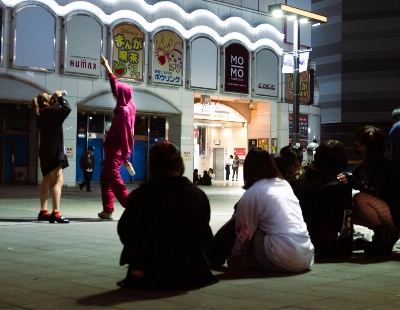
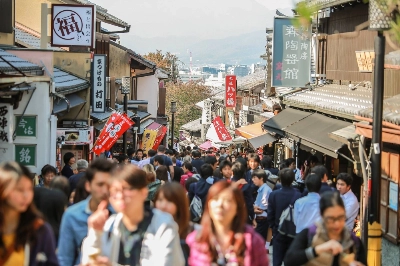
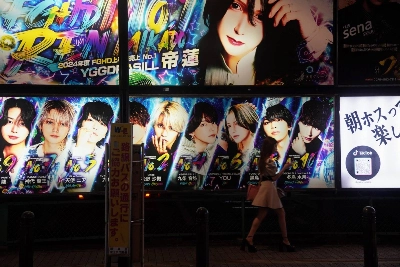
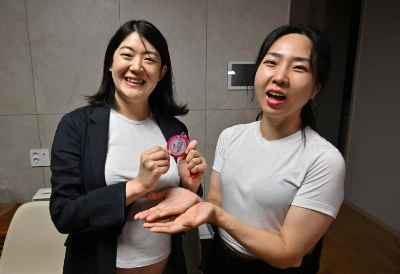
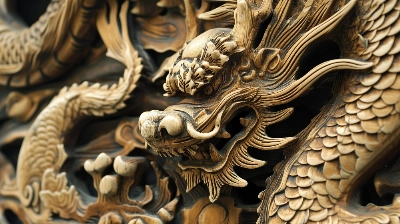










With your current subscription plan you can comment on stories. However, before writing your first comment, please create a display name in the Profile section of your subscriber account page.